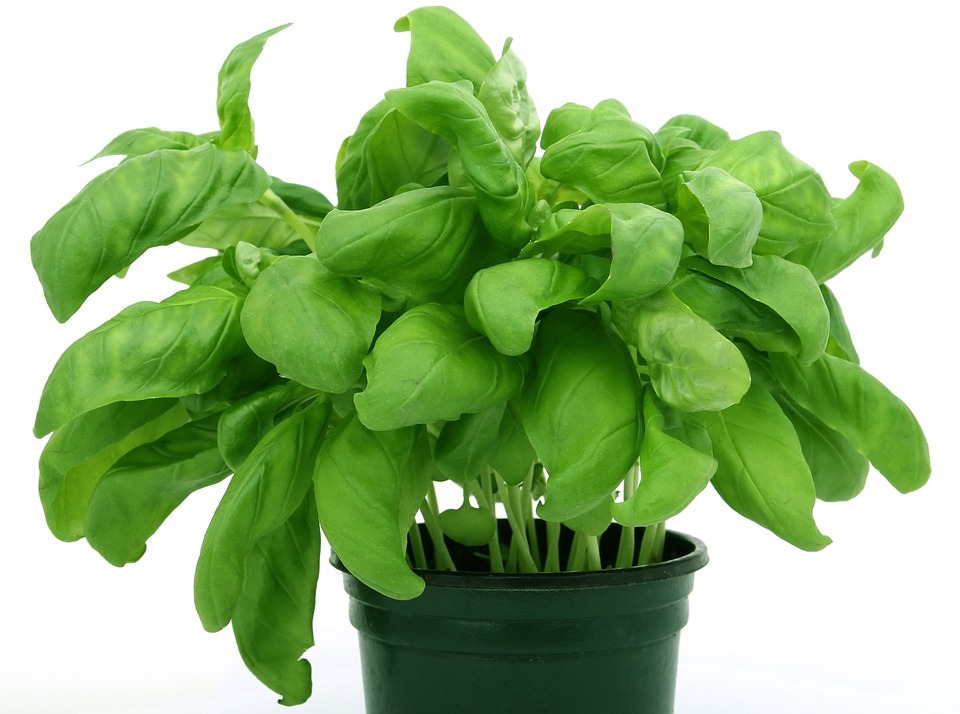From Farm to Table: How Soil Care Impacts Food Quality
Introduction
When we sit down to enjoy a delicious meal, we rarely think about the journey the food has taken from the farm to our table. However, understanding the importance of soil care in the food production process can enhance appreciation for the flavors and qualities of the food we consume.
The Role of Soil in Food Production
Soil serves as a nutrient-rich foundation for the growth of plants. It acts as a natural reservoir, storing and providing essential nutrients like nitrogen, phosphorus, and potassium to crops. Adequate soil health ensures proper nutrient availability, which directly impacts the nutritional value of the food produced. Healthy soils also promote the growth of beneficial microorganisms, such as mycorrhizal fungi, that form symbiotic relationships with plant roots, aiding in nutrient uptake. By nurturing soil health, farmers can ensure the production of nutrient-dense crops.
Soil Care Practices
Implementing soil care practices is essential to maintain soil fertility and quality. One crucial practice is the use of organic matter, such as compost and cover crops. Organic matter replenishes nutrients, improves soil structure, and enhances water retention capacity. Cover crops protect the soil from erosion, suppress weeds, and contribute additional organic matter when incorporated into the soil.
Another vital aspect of soil care is managing soil erosion. Soil erosion, caused by factors like wind and water, can lead to the loss of topsoil. Conservation measures, like contour plowing, terracing, and the adoption of sustainable farming systems, help prevent erosion and promote soil conservation.
Managing soil pH is also crucial, as it directly affects nutrient availability. Different crops thrive in specific pH ranges. Regular soil testing allows farmers to adjust soil pH through the application of lime or sulfur, ensuring optimal nutrient uptake by plants. Adequate pH levels contribute to healthier crops and better food quality.
Impact on Food Quality
Soil care practices directly influence food quality in multiple ways. Firstly, nutrient-dense soils produce crops with higher nutrient content, leading to healthier and more nutritious food for consumers. Research has shown that organic and naturally fertilized produce often contains higher levels of antioxidants, vitamins, and minerals.
Furthermore, proper soil care practices contribute to enhanced flavor profiles. The complex interaction between soil nutrients, water availability, and plant roots results in the absorption and transformation of specific compounds that influence taste. For example, tomatoes grown in well-nourished soil tend to possess a richer flavor compared to those grown in depleted soils.
Moreover, food safety is closely linked to soil care. Healthy soils with improved soil structure and water-holding capacity reduce the risk of bacterial contamination, such as Salmonella or E. coli, in crops. By implementing appropriate soil care practices, farmers can minimize the use of chemical pesticides and fertilizers, reducing potential residues in food and promoting safer options for consumers.
Conclusion
From farm to table, soil care serves as a critical determinant of food quality. By nurturing soil health, farmers can produce nutrient-dense, flavorful, and safe food for consumers. Understanding the impact of soil care practices empowers individuals to make informed choices about the food they eat and supports sustainable agriculture for a healthier future.
FAQs
1. Why is soil care essential for food quality?
Soil care ensures proper nutrient availability and contributes to the growth of nutrient-dense crops, improving the overall quality of the food we consume.
2. How can farmers practice soil care?
Farmers can practice soil care through the use of organic matter, managing soil erosion, monitoring and adjusting soil pH, and adopting sustainable farming systems.
3. Does soil care impact food flavor?
Yes, soil care practices influence the absorption and transformation of compounds that affect the flavor profile of crops. Well-nourished soil tends to produce food with more pronounced and enjoyable flavors.
4. Can soil care contribute to food safety?
Yes, proper soil care practices promote healthier soils with improved structure and water-holding capacity, reducing the risk of bacterial contamination in crops and supporting food safety.




